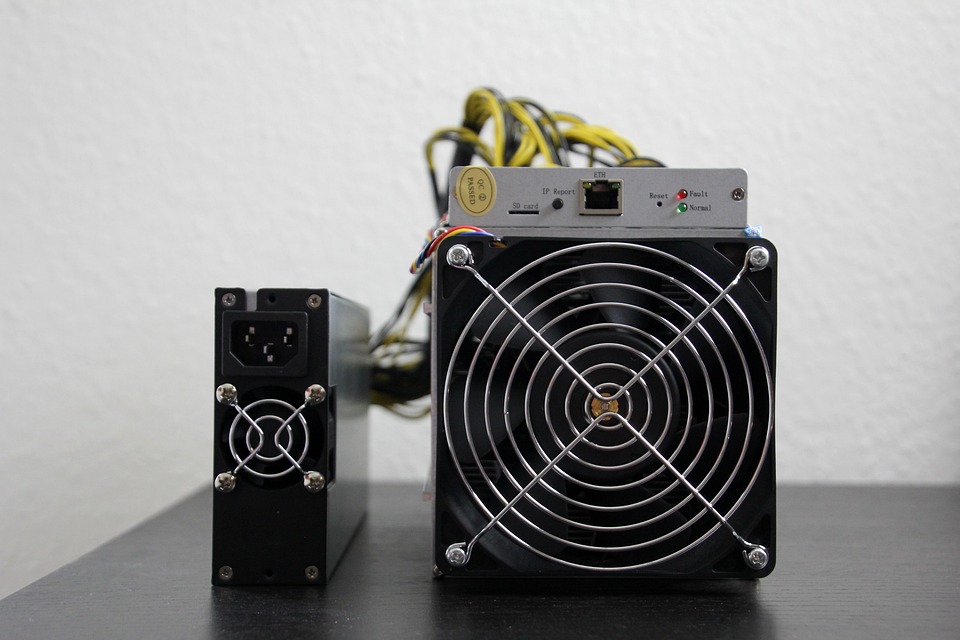The rise of Bitcoin and other cryptocurrencies has transformed the financial landscape, offering new ways for individuals to invest, transact, and store value. As the demand for Bitcoin continues to climb, choosing the right exchange becomes paramount. With a myriad of options available, potential investors must pay close attention to two critical factors: transaction fees and security. In this article, we will compare some of the top exchanges based on these criteria to help guide your decision-making process.
Understanding the Basics: What is a Cryptocurrency Exchange?
A cryptocurrency exchange is a platform that allows users to buy, sell, and trade cryptocurrencies. Exchanges can be centralized (CEX) or decentralized (DEX). Centralized exchanges are operated by companies that facilitate trades, providing user-friendly interfaces and high liquidity. In contrast, decentralized exchanges connect users directly without a central authority, offering greater privacy and control, but often at the expense of ease of use.
Top Exchanges to Consider
1. Coinbase
Fees:
Coinbase is one of the most popular exchanges, particularly among beginners. Its fee structure can be somewhat confusing, as it includes a flat fee based on the amount of your transaction and an additional variable fee based on market conditions. Generally, this could range from about 1.49% to 3.99%.
Security:
Coinbase prides itself on robust security measures. It employs two-factor authentication (2FA), SMS verification, and stores 98% of its customers’ digital assets in cold storage. The exchange also provides insurance for digital assets held in its custody.
2. Binance
Fees:
Binance is known for its competitive fee structure, which is one of the lowest in the industry. Trading fees start at 0.1%, and users can reduce fees further by using the Binance Coin (BNB) for transaction fees. However, spreads can sometimes be wider than other platforms.
Security:
Binance prioritizes security with advanced features, including 2FA, withdrawal whitelist, and an insurance fund known as the Secure Asset Fund for Users (SAFU). While it faced a significant security breach in 2019, the platform has since invested heavily in security measures.
3. Kraken
Fees:
Kraken’s fee structure is tiered, with fees ranging from 0.16% to 0.26% for maker and taker fees, respectively. Discounts are available based on trading volume, making it attractive for higher volume traders.
Security:
Kraken places a strong emphasis on security. It is one of the few exchanges that has never been hacked, and it employs industry-standard security features such as 2FA. Users can also set up API key permissions and withdrawal whitelists for added security.
4. Gemini
Fees:
Gemini has a transparent fee structure, with trading fees ranging from 0.35% for larger volume trades to a flat fee for smaller trades, which can go up to $2.99. While not the cheapest option, it offers no hidden fees.
Security:
Gemini is known for its high security standards and regulatory compliance. The exchange employs cold storage for the majority of its digital assets and has received SOC 2 Type 2 certification, demonstrating its commitment to protecting customer funds.
5. eToro
Fees:
eToro operates with a spread-based fee model rather than a flat exchange fee. The spread can be highly favorable for certain trades, but it varies based on market conditions, making it less predictable.
Security:
eToro is regulated in several jurisdictions, which provides an added layer of trust. It uses advanced encryption technologies and follows strict compliance standards to protect user funds.
Conclusion: Making Your Choice
When choosing a Bitcoin exchange, it’s essential to balance fees, security measures, and your personal needs as an investor. Beginners may find user-friendly platforms like Coinbase or eToro more intuitive, while seasoned traders might prefer Binance or Kraken for their lower fees and advanced trading features. Security is non-negotiable, so ensure that the exchange you choose has robust mechanisms in place to protect your investment.
Consider also the specific features you value most—from ease of use, customer support, trading options, to the variety of cryptocurrencies available. By comparing the top exchanges in terms of fees and security, you can confidently make a decision that aligns with your investment strategy and risk tolerance. Happy trading!


